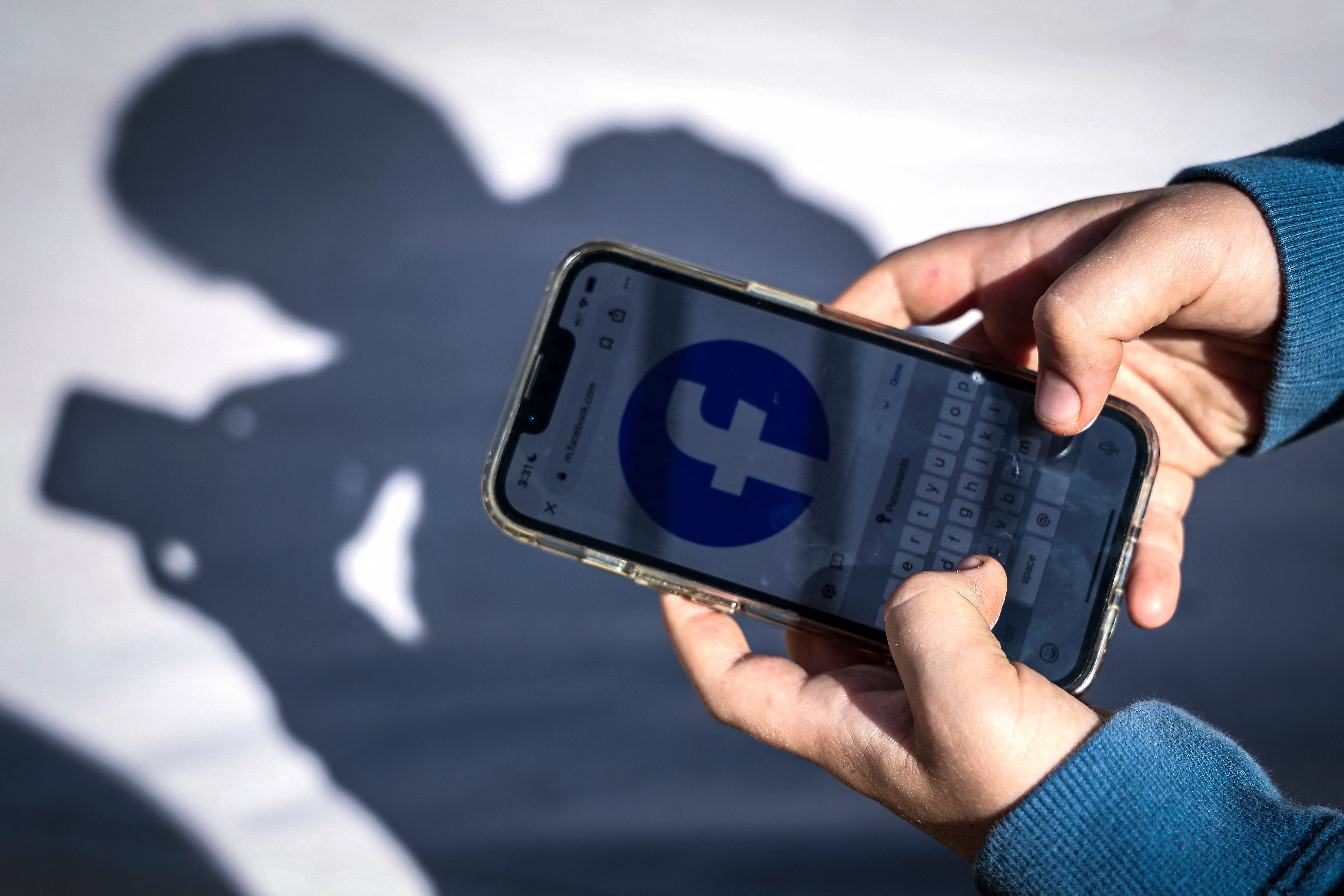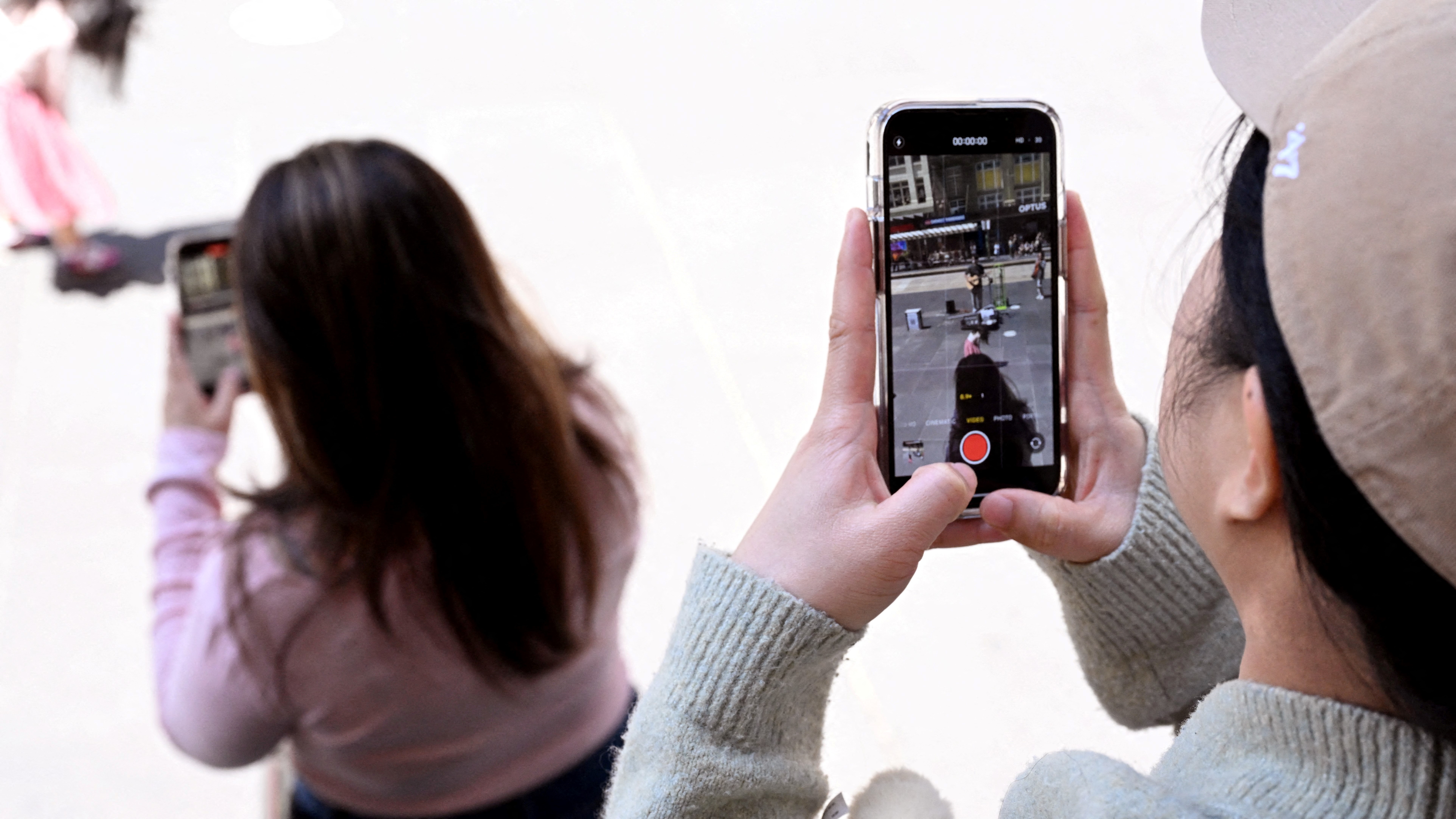
SYDNEY - Online platforms will ping Australian teenagers through over a million accounts in coming days offering a choice: Download data, freeze profiles or lose the lot when a world-first ban on kids using social media starts on Dec 10.
Snapchat and Meta's Facebook, Instagram and Threads are poised to deactivate accounts registered by users under 16, five people with knowledge of the plans said.
Australia's remaining 20 million social media users - four-fifths of the population - can expect little interruption, the people said, as platforms promise low-fuss compliance with a law which puts Australia ahead in the protection of youths online.
The picture is a departure from the chaotic scenarios painted during a year of protest by platform operators fearing a loss of users as well as a A$49.5 million ($32 million) fine for noncompliance. Firms had argued mandatory age checks would subject users to endless log-ins, be invasive or inaccurate and be easy to circumvent.
ALSO READ: Australia includes Reddit, Kick in teen social media ban
In practice, social media firms will lean on software they already employ to guess age based on engagement through "likes", for instance, rather than the frequent input and verification of birth dates, the people said.
With that software long-established, having originally been developed for marketing, firms will generally resort to so-called age assurance apps only when users complain of being incorrectly blocked, said the people, declining to be identified as the plans are not yet finalized.
Still, the approach is open to teething problems. Anyone can contest bans through age assurance apps which are being deployed at scale for the first time and which trials showed worked but sometimes with unacceptable error rates - typically along the lines of blocking 16-17 year-olds or approving 15 year-olds, with latter cases potentially exposing companies to fines.

For those directed to age assurance apps, disruption will still be minimal, said Julie Dawson, chief policy officer at Yoti, which provides age assurance for Facebook and Instagram.
"There'll be a maximum of two to three weeks of people getting to grips with something that they do daily, and then it's old news," she said.
Meta, Snapchat and Google, owner of video-sharing platform YouTube, declined to comment. In October parliamentary hearings, all but Google said they planned to comply and would contact young users, without elaborating.
Blocking minors without parental discretion
Governments have been grappling with how to protect children online since Meta documents leaked in 2021 showed awareness of social media's harm to teenagers. In 2024, bestseller "The Anxious Generation" and a campaign by News Corp's Australian arm helped spur political action.
The new law navigated opposition from free speech crusaders and child rights advocates, as well as social media firms and content creators. It gives platform operators until December to implement means of blocking minors without the need for parental discretion.
The only Australian-owned firm under the ban is livestream platform Kick, whose moderation came under scrutiny this year following a livestreamed death. A spokesperson said Kick "will be compliant" and "intends to introduce a range of measures".
ALSO READ: Australia wants 'minimally invasive' age checks under teen social media ban
Platforms will likely direct users to third-party age assurance apps only if the user believes a platform's built-in software guessed the wrong age, the people with knowledge of the matter said.
The apps guess age based on a selfie. If the user believes that is also wrong, they can upload an identification document.
People aged 16-17 are most at risk of disruption because the accuracy of photo-based age estimation dips for people in that range, who are also less likely to have documents such as a driver's license. About 600,000 Australians are aged 16-17, government data showed.
"A lot of the technological methods of age verification will fail in that narrow band," said Daswin De Silva, a professor of computing at La Trobe University.
For people wrongly barred, "it's probably going to be service distortion, service failure, for a couple of days or weeks maybe until the platforms figure this out".
Australia leading the charge
Smooth implementation of the new law is likely to shape global efforts to limit youth exposure to technology linked to mental and physical dangers such as bullying and obesity.
Britain and France enforced age checks for pornographic websites in June and July and Denmark this month said it will ban under 15s from social media. However, initiatives in places such as France and Florida have been complicated by complaints of impracticality and free speech intrusion.
"The rest of the world is looking at Australia for this new weapon to deal with the apparent problems that some digital platforms are presenting us with," said Stephen Wilson, founder of identity verification consultancy Lockstep, which has advised the Australian and US governments.
READ MORE: AI chatbots are ‘clear danger’ to kids, Australian watchdog says
The law states platforms must take "reasonable steps" to block minors. The eSafety Commissioner has said steps should include detecting visits via virtual private networks, which mask a device's location.
Beyond VPNs and circumvention, social media platforms also have to consider rivals not yet covered by the ban, said Hassan Asghar, a senior computer science lecturer at Macquarie University.
"I'm no fortune teller (but) it could happen that some other platforms would take over," said Asghar.


